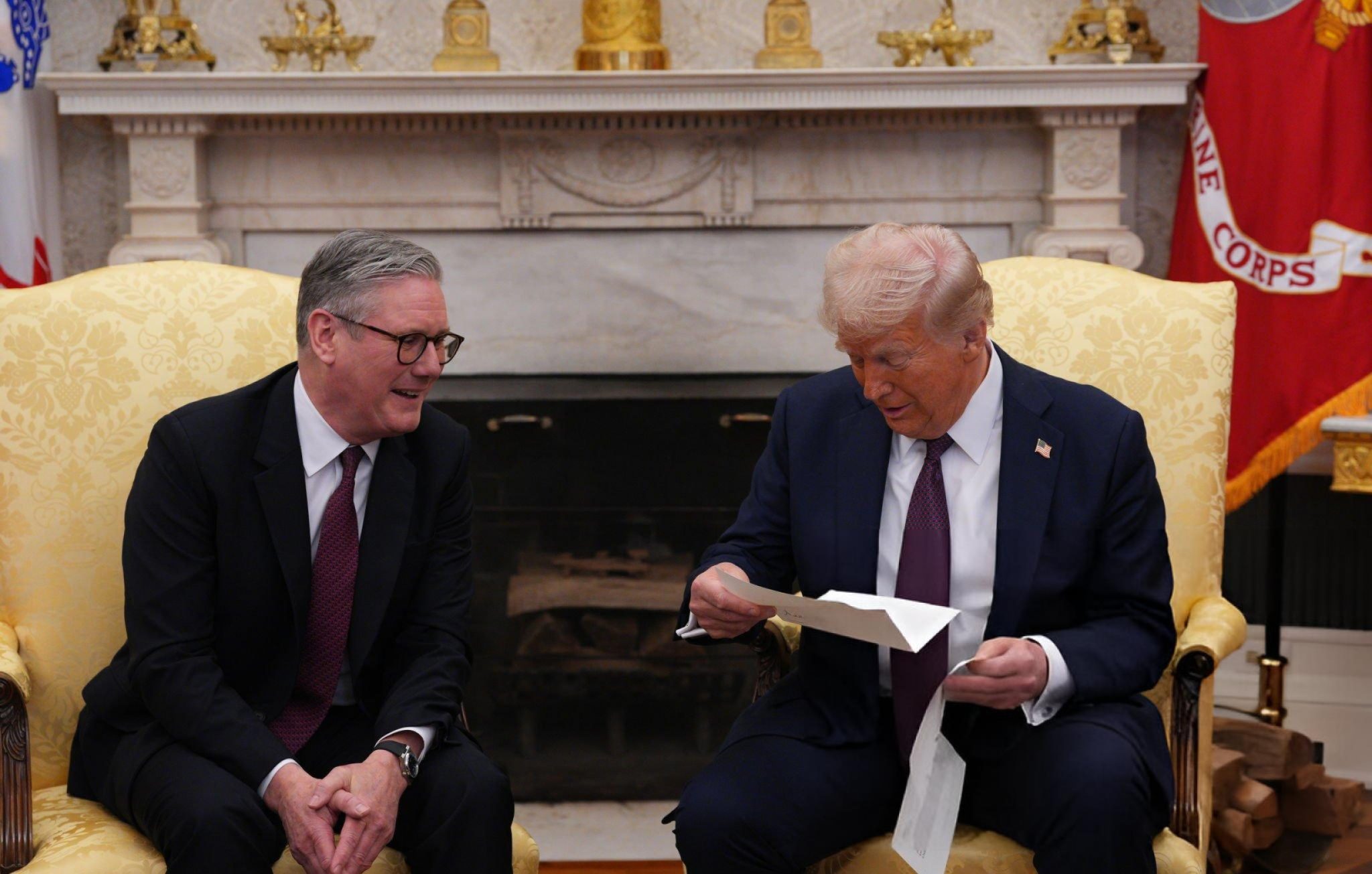The UK is set to face economic headwinds as Downing Street concedes that British exports are unlikely to escape Donald Trump’s looming tariffs. The former US president, poised to unveil sweeping import taxes on global goods this Wednesday, has dubbed the occasion “liberation day,” marking his aggressive stance on trade protectionism.
Prime Minister Sir Keir Starmer’s government has been actively pursuing a trade deal with Washington in hopes of shielding UK businesses from the brunt of Trump’s tariffs. However, negotiations remain ongoing and will not conclude before the new tariffs take effect. Furthermore, the trade talks alone appear insufficient to secure a UK exemption from Trump’s sweeping measures.
Impact on the automotive sector and British economy
Among the most affected industries is the UK’s automotive sector, which faces a severe blow with Trump’s planned 25% import tax on all foreign cars entering the US. This tariff is particularly concerning for British manufacturers, as 16.9% of UK car exports were destined for the US last year, amounting to over 101,000 units valued at £7.6 billion.
Beyond the automotive industry, the UK is bracing for additional tariff impositions, including a potential blanket 20% tax on British goods. Trump’s administration argues that the UK’s VAT structure is discriminatory against American businesses, justifying the retaliatory move.
Downing Street has sought to reassure businesses, with the Prime Minister’s official spokesman stating:
“When it comes to tariffs, the Prime Minister has been clear he will always act in the national interest. We’ve been actively preparing for all eventualities ahead of the expected announcements from President Trump this week, which we would expect the UK to be impacted by alongside other countries.”
Despite these assurances, analysts warn that the new tariffs could significantly hinder the UK’s economic recovery. Chancellor Rachel Reeves’ recent fiscal measures, aimed at restoring a narrow buffer in public spending, may be derailed if a full-blown trade war emerges.
Market reaction and economic forecasts
Financial markets have already reacted negatively to the impending tariffs. The FTSE 100 saw losses deepen, trading around 1.3% lower on Monday, while European stocks also experienced sharp declines. Across the Atlantic, US markets opened weaker, with the S&P 500 down 1.4% in early trading.
The Office for Budget Responsibility (OBR) has warned that if the UK retaliates with its own tariffs, the resulting trade conflict could reduce the country’s gross domestic product (GDP) by 1%, wiping out the financial headroom Chancellor Reeves had carefully built into her spring budget.
Government’s strategic response
Thus far, the UK government has refrained from mirroring the European Union’s more confrontational stance. The Prime Minister’s spokesman reiterated the government’s preference for diplomacy:
“You’ve got the OBR’s modelling, and we’ve said previously that a trade war with the US is clearly not in anybody’s interests. We continue to have constructive discussions on agreeing a deal with the US. At the same time, we’ve also been clear that all options are on the table, and we obviously reserve our right to respond to protect our industries.”
British industry leaders have echoed this sentiment, advocating for ongoing dialogue with Washington rather than an immediate tit-for-tat response.
Political reactions and calls for tougher measures
However, the political opposition has seized upon the crisis, with Conservative shadow trade secretary Andrew Griffith calling the tariffs a “hammer blow” to both British businesses and the credibility of Chancellor Reeves’ economic plans.
“This is just further proof that when Labour negotiates, Britain loses,” Griffith remarked, criticising the government’s handling of US-UK trade discussions.
Liberal Democrat leader Sir Ed Davey has taken a more combative stance, urging the UK to join forces with European allies and Canada to counter Trump’s tariffs. He warned against appeasement, stating:
“Just asking nicely clearly doesn’t work with Trump. We have to stand tall with our allies and show that we will not be bullied. That means being prepared to impose reciprocal tariffs if necessary, including on Elon Musk’s Teslas, and urgently negotiating a better trade deal with the EU to show Trump we have alternatives.”
Brexit and the missed trade opportunity
Reform UK leader Nigel Farage, a long-time Trump supporter, acknowledged that the tariffs are unpopular but placed the blame on the failure to secure a free trade agreement with the US during Trump’s first term.
“What disappoints me more than anything is that we had a massive opportunity in Trump’s first term to do a free trade deal with America,” Farage lamented. “We didn’t do it because the Conservatives didn’t deliver Brexit properly, so we weren’t free to act.”
While Farage remains hopeful that the situation can be resolved, trade experts caution that with Trump prioritising US interests, the UK’s negotiating position is weaker than it would have been in 2016.
Conclusion: A difficult road ahead
With Trump’s tariffs set to come into force imminently, British businesses face a period of uncertainty and economic strain. While the government continues diplomatic efforts, the lack of a definitive agreement means UK industries must brace for disruption. Whether the UK chooses to retaliate or maintain a pragmatic stance will significantly shape its economic landscape in the months ahead.







